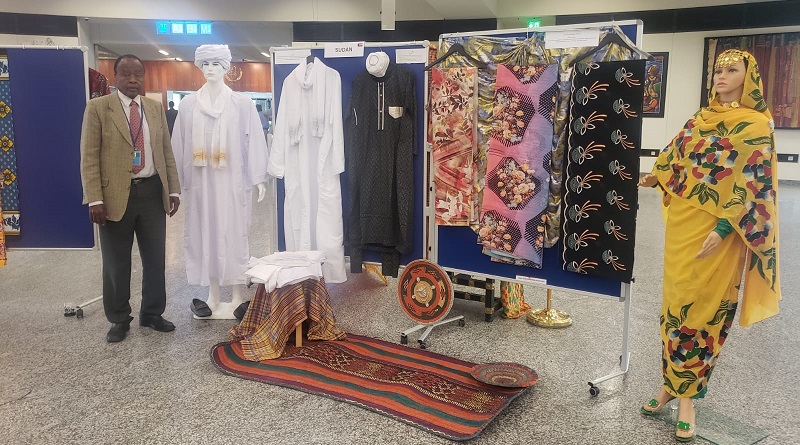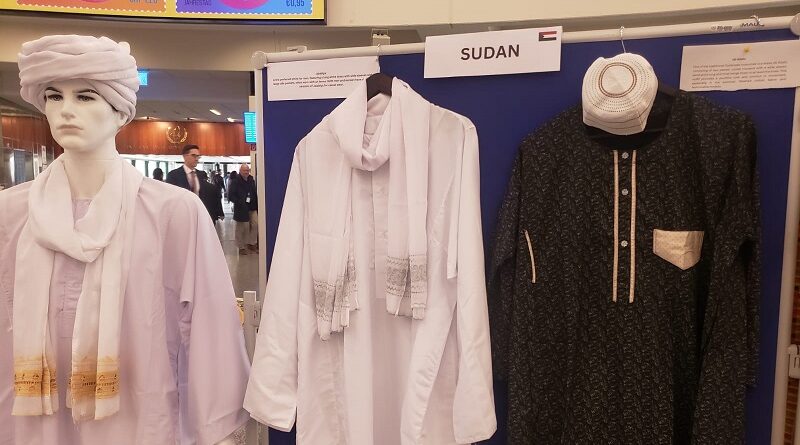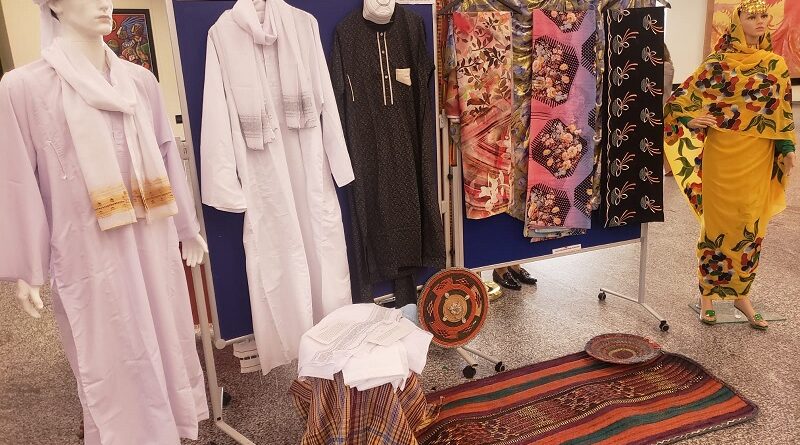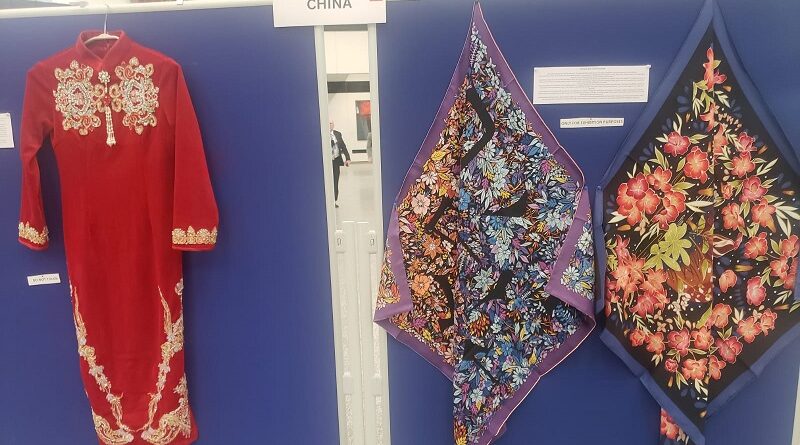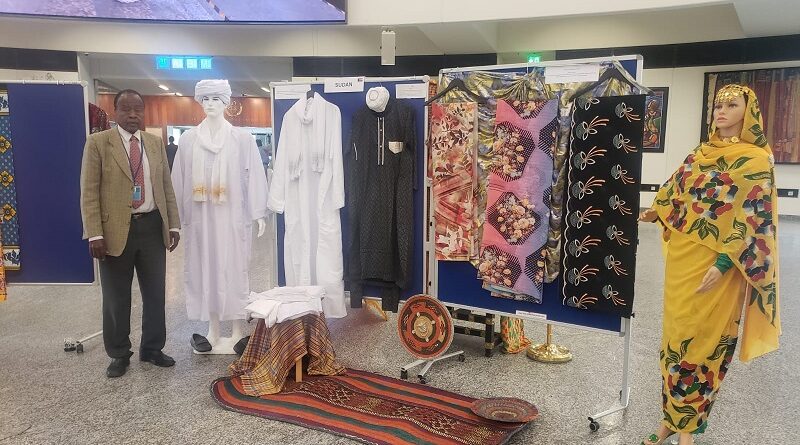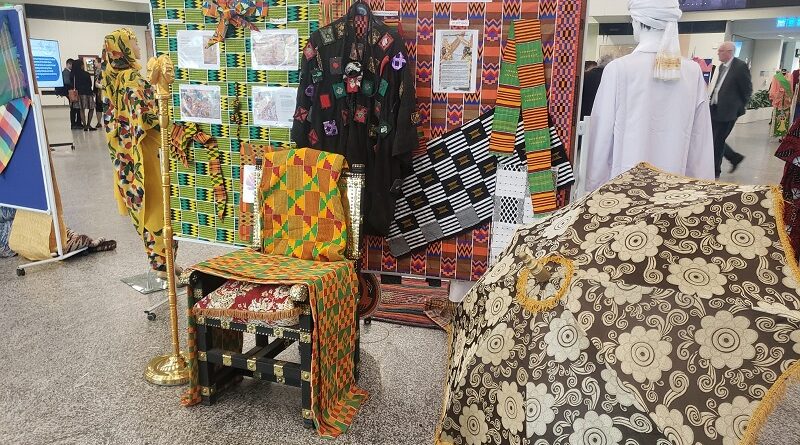The Group of 77: Uniting Developing Nations for Economic and Social Progress Introduction to the Group of 77 (G-77)
The Group of 77 (G-77) was established on June 15, 1964, by seventy-seven developing countries during the inaugural session of the United Nations Conference on Trade and Development (UNCTAD) in Geneva. This coalition emerged from a shared necessity to safeguard the sovereignty and independence of developing nations, providing them with a unified voice on the international stage. The formation of the G-77 was a strategic move aimed at advocating for the rights and interests of these nations, ensuring that they could achieve equitable standing with developed countries within the global economic and social framework.
At its core, the G-77 pursues several key objectives. One primary goal is to foster economic and social progress by enhancing cooperation among member states. By uniting, these countries can collectively address common issues and challenges, ranging from trade disparities to development financing. The G-77 also strives to maintain member countries‘ independence, promoting policies that protect their sovereignty from undue external influence. Furthermore, the coalition seeks to elevate the global economic standing of developing countries, pushing for fair trade practices and equitable terms in international agreements.
Over the years, the G-77 has grown significantly, now encompassing 134 member countries, making it the largest intergovernmental organization of developing states within the United Nations system. This expansion underscores the significance of the G-77’s role in championing the interests of the global South. As a powerful collective, the G-77 continues to be instrumental in shaping international policies that impact developing nations, ensuring their voices are heard and considered in global decision-making processes.
In essence, the G-77 remains a pivotal entity in the international community, dedicated to promoting the economic and social advancement of developing nations. Through its concerted efforts, the group has made substantial strides in advocating for a more balanced and inclusive global marketplace, fostering unity and cooperation among its diverse member states.
Objectives and Mission of the G-77
The Group of 77 (G-77) was established with the primary objective of bolstering economic development and social progress among its member states. This coalition of developing nations, which has grown significantly from its initial 77 members, aims to create a unified front to address common challenges and advocate for shared interests on the global stage. The G-77’s mission is rooted in the pursuit of a more equitable and just international economic order, recognizing the disparities that exist between developed and developing countries.
One of the core functions of the G-77 is to ensure that developing countries have a significant voice in international economic and financial institutions. By working collectively, these nations strive to influence policies and decisions that affect global trade, investment, and finance. The G-77 actively engages in negotiations and dialogues within platforms such as the United Nations, the World Trade Organization, and the International Monetary Fund to promote policies that are favorable to developing economies. This concerted effort helps to address systemic inequalities and fosters an environment where all nations can benefit from global economic growth.
In addition to economic advocacy, the G-77 places a strong emphasis on social progress. The group works to advance issues such as poverty reduction, education, healthcare, and sustainable development. By championing these causes, the G-77 aims to improve the quality of life for people in developing countries and to bridge the gap between the global North and South. The G-77 also collaborates with other international organizations and civil society groups to drive initiatives that support social development.
Furthermore, the G-77 plays a pivotal role in representing the interests of developing nations in various international forums. It serves as a platform for member states to share experiences, build consensus, and develop collective strategies to address global challenges. Through its advocacy and diplomatic efforts, the G-77 seeks to create a more inclusive and fair global market system that recognizes and respects the developmental needs of its members. The group’s commitment to solidarity and cooperation underscores its mission to foster economic and social progress for all developing nations.
Recent Celebrations and Activities
The Group of 77 (G-77) recently commemorated its significant milestones with a series of events and activities, most notably at the Rotunda in the Vienna International Centre (VIC). This year’s celebration was particularly meaningful as it underscored the continued solidarity and cooperation among developing nations, aiming to foster economic and social progress. The themes highlighted during the event reflected the G-77’s enduring commitment to sustainable development, poverty eradication, and the promotion of inclusive growth across its member states.
Key messages conveyed during the celebration centered on the importance of unity and collective action in addressing global challenges. Representatives from member countries emphasized the necessity of strengthening partnerships and enhancing South-South cooperation to achieve the Sustainable Development Goals (SDGs). The event also served as a platform to reaffirm the G-77’s dedication to advocating for a more equitable international economic order, where the voices of developing nations are heard and their interests are safeguarded.
A notable feature of the celebration was the exhibition of textiles from the Global South, which drew significant attention. This exhibition showcased the rich and diverse textile heritage of various member countries, illustrating the vital role that textiles play in their economic and social development. Textiles, often a major export commodity for many developing nations, contribute significantly to job creation, income generation, and the preservation of cultural heritage. The exhibition not only highlighted the artistic and cultural value of these textiles but also underscored their economic importance, providing a tangible representation of how traditional industries can drive modern development.
The recent activities of the G-77, marked by these celebrations and exhibitions, underscore the group’s ongoing efforts to unite developing nations in their pursuit of economic growth and social progress. Through events like these, the G-77 continues to foster a sense of community and shared purpose among its members, while advocating for policies and initiatives that support sustainable development and equitable growth worldwide.
The Role of Textiles in Economic Development and Social Progress
The textile industry holds a pivotal position in the economic and social landscapes of developing countries, particularly those belonging to the Group of 77 (G-77). As a sector that encompasses a broad spectrum of activities—from agriculture and raw material production to manufacturing and distribution—the textile industry serves as a significant driver of economic development. One of its primary contributions is job creation. In many developing nations, the textile sector employs millions of people, providing stable income and enhancing livelihoods. This is especially crucial in regions where other industries are less developed, offering employment opportunities to both skilled and unskilled labor.
Another vital aspect of the textile industry’s contribution is its role in generating foreign exchange earnings. Exports of textiles and garments are among the top revenue sources for many G-77 countries, underpinning their economies and facilitating international trade. The sector’s ability to attract foreign investment also fosters industrial growth, leading to the establishment of new factories, improved infrastructure, and advanced technologies. These developments create a ripple effect, stimulating other sectors such as transport, logistics, and retail.
Beyond its economic impact, the textile industry holds substantial cultural significance. Textiles are often deeply embedded in the cultural fabric of societies, symbolizing heritage, traditions, and social identity. In many G-77 member states, traditional textiles and garments are not only artistic expressions but also integral to social cohesion and community identity. They play a role in preserving cultural heritage, passing down skills and knowledge through generations, and fostering a sense of pride and unity.
Numerous examples illustrate the successful integration of the textile industry within G-77 member states. For instance, Bangladesh’s readymade garment industry has transformed the nation’s economy, making it one of the world’s largest apparel exporters. Similarly, in Ethiopia, the government’s focus on developing textile and apparel manufacturing has led to significant economic advancements and job creation. These cases underscore the tangible impact of the textile sector on economic growth and social progress, highlighting its importance as a cornerstone of development in the Global South.

